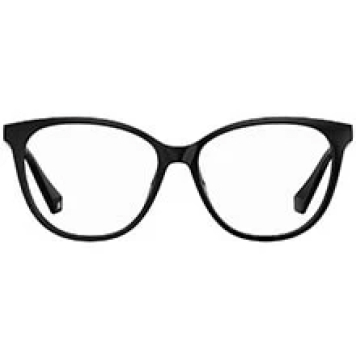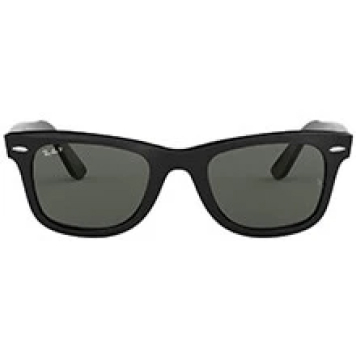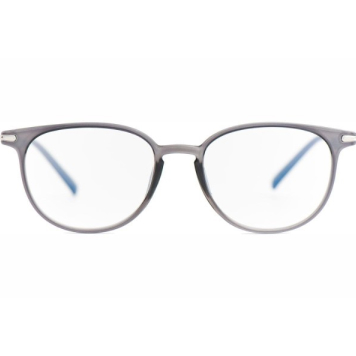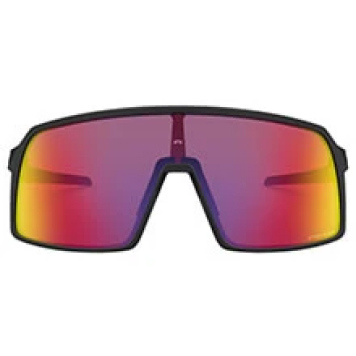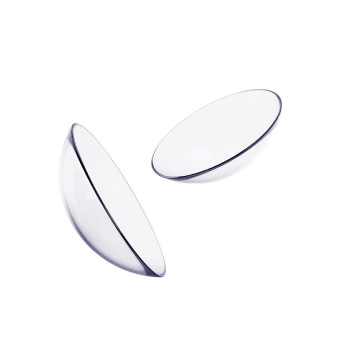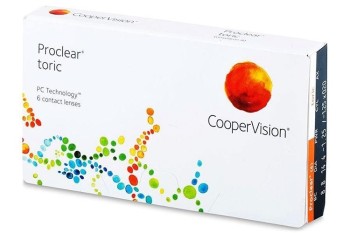- eyerim
- > Contact lenses
Proclear Toric contact lenses
Hide filter
Show filter
Filter
TOP
Filter by
Displaying: 1
Select size
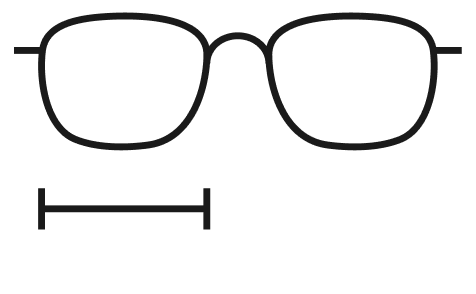
A
-
Lens

B
-
Bridge
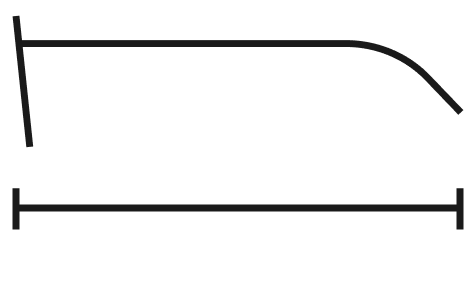
C
-
Temple
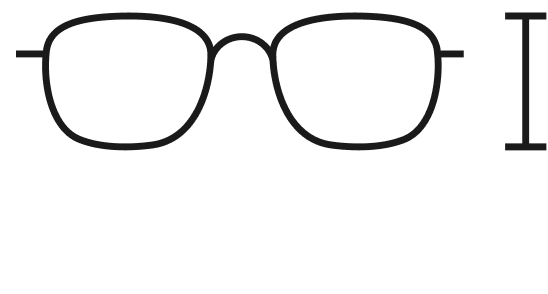
D
-
Size
Size guide
TIP #1: Check the size of your current glasses
- Look at the inside of your glasses. Usually you´ll find a series of numbers there that represent the frame size and look something like this: 52 [] 22 145
- Information about the size of the frame is most often found on the inside of the temples
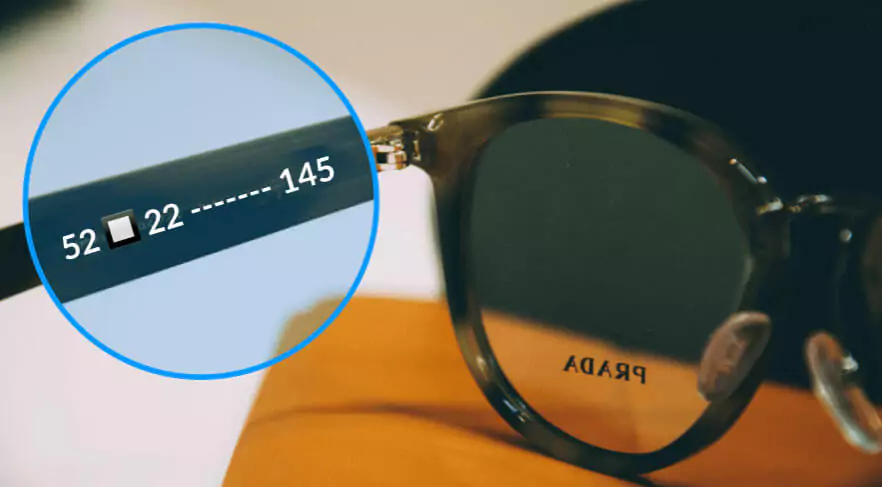
TIP #2: Use a payment card



THE CARD EXTENDS WELL PAST THE EDGE OF YOUR EYE
THE CARD FITS THE CORNER OF YOUR EYE
THE CARD DOES NOT REACH THE END OF THE EYE
Displaying
1 - 1 / 1
Proclear Toric contact lenses
Contact lenses are a modern optical aid primarily used to correct vision errors (myopia, hyperopia, astigmatism, and presbyopia). They help bend light entering the eye, thereby sharpening vision. How to choose the right contact lenses? We will advise you!
What are the advantages of contact lenses?
Considering trying contact lenses? Here are some of their benefits that might convince you.
- Contact lenses do not distort facial contours as eyeglass frames sometimes can.
- There's no need to exchange between sunglasses and glasses - you can comfortably wear sunglasses frame while having contact lenses in your eyes.
- You can safely perform any sport.
- They are comfortable and do not slide on the nose like glasses.
- You can focus better through lenses and will not be dazzled by reflections from glasses.
- With contact lenses, you don’t have to compromise on makeup.
How to choose contact lenses?
First, think about when you plan to use contact lenses the most. Then, you need to determine the type of correction you need.
Types of contact lenses
Most common and important categorization of contact lenses is based on the vision correction type that they provide. All contact lenses can be divided into:
- Spherical contact lenses - transparent dioptric lenses designed to correct myopia or hyperopia. They allow you to comfortably and safely perform activities that are very difficult with glasses.
- Toric contact lenses - designed to correct astigmatism as they have a cylinder.
- Multifocal contact lenses - used to correct presbyopia. This means they correct vision for both distance and near.
Then, you can choose lenses according to the preferred wearing time, such as:
- Daily contact lenses are the least burdensome for the eyes and do not need to be stored in solution or otherwise cared for. They have to be disposed after one-time use.
- Monthly contact lenses are ideal for those accustomed to wearing lenses and who manage a regular regime of putting in, taking out, and properly storing lenses. They can be used for up to 30 days.
In general, avoid wearing contact lenses past their wearing period. It can lead to negative health consequences.
Materials of contact lenses
In our offer, you will find high-quality contact lenses made of hydrogel and silicone-hydrogel materials, which differ in water content and oxygen permeability. Not all lens materials might fit you well so feel free to try several types before identifying the most comfortable one.
Other parameters for choosing contact lenses
Besides the above-mentioned type, wearing time, and material, also consider the following when choosing lenses:
- Type of correction: Your eye doctor will tell you what vision error needs to be corrected in your case, specifically myopia, hyperopia, astigmatism, and presbyopia.
- Diopter count: This value will also be determined by your eye specialist. In contact lenses, it is denoted by symbols D, PWR, or Dpt, followed by the respective numerical value. NOTE - the number of diopters in contact lenses may not match the diopters in glasses.
- Curvature: This value expresses the curvature of the back surface of the contact lens, which should match the curvature of the cornea (BC). Its value is usually 8 (with a decimal supplement), or sometimes 9.
- Lens diameter: The value indicating the width of the lens. It usually ranges between 13.5 and 14.5 mm. Pay special attention to this value, especially when changing the brand of contact lenses.
How to properly care for contact lenses?
Proper care of contact lenses is key, as it ensures not only their comfortable use but also their health safety. After carefully removing the contact lenses from the eye, always place them in a case with a special solution that cleans, disinfects, and rehydrates them. Remember that the case itself should be rinsed daily with the solution and allowed to dry.
How to properly put on contact lenses?
Got your first contact lenses and not sure exactly how to put them on? Here's a quick guide:
1) Thoroughly wash and dry your hands.
2) Pick the contact lens from the case with the tip of your finger.
3) Then place it on the tip of your index finger edges facing up. Check from the side to see if the contact lens is not inside out. If correctly oriented, it should resemble the shape of a bowl.
4) Gently pull down the lower eyelid with your middle finger, look upward, keep your eye wide open, and insert the lens into the center of your eye.
5) Close your eye and blink. A properly fitted contact lens should be comfortable in the eye.
6) Apply the second lens in the same way.
What are the advantages of contact lenses?
Considering trying contact lenses? Here are some of their benefits that might convince you.
- Contact lenses do not distort facial contours as eyeglass frames sometimes can.
- There's no need to exchange between sunglasses and glasses - you can comfortably wear sunglasses frame while having contact lenses in your eyes.
- You can safely perform any sport.
- They are comfortable and do not slide on the nose like glasses.
- You can focus better through lenses and will not be dazzled by reflections from glasses.
- With contact lenses, you don’t have to compromise on makeup.
How to choose contact lenses?
First, think about when you plan to use contact lenses the most. Then, you need to determine the type of correction you need.
Types of contact lenses
Most common and important categorization of contact lenses is based on the vision correction type that they provide. All contact lenses can be divided into:
- Spherical contact lenses - transparent dioptric lenses designed to correct myopia or hyperopia. They allow you to comfortably and safely perform activities that are very difficult with glasses.
- Toric contact lenses - designed to correct astigmatism as they have a cylinder.
- Multifocal contact lenses - used to correct presbyopia. This means they correct vision for both distance and near.
Then, you can choose lenses according to the preferred wearing time, such as:
- Daily contact lenses are the least burdensome for the eyes and do not need to be stored in solution or otherwise cared for. They have to be disposed after one-time use.
- Monthly contact lenses are ideal for those accustomed to wearing lenses and who manage a regular regime of putting in, taking out, and properly storing lenses. They can be used for up to 30 days.
In general, avoid wearing contact lenses past their wearing period. It can lead to negative health consequences.
Materials of contact lenses
In our offer, you will find high-quality contact lenses made of hydrogel and silicone-hydrogel materials, which differ in water content and oxygen permeability. Not all lens materials might fit you well so feel free to try several types before identifying the most comfortable one.
Other parameters for choosing contact lenses
Besides the above-mentioned type, wearing time, and material, also consider the following when choosing lenses:
- Type of correction: Your eye doctor will tell you what vision error needs to be corrected in your case, specifically myopia, hyperopia, astigmatism, and presbyopia.
- Diopter count: This value will also be determined by your eye specialist. In contact lenses, it is denoted by symbols D, PWR, or Dpt, followed by the respective numerical value. NOTE - the number of diopters in contact lenses may not match the diopters in glasses.
- Curvature: This value expresses the curvature of the back surface of the contact lens, which should match the curvature of the cornea (BC). Its value is usually 8 (with a decimal supplement), or sometimes 9.
- Lens diameter: The value indicating the width of the lens. It usually ranges between 13.5 and 14.5 mm. Pay special attention to this value, especially when changing the brand of contact lenses.
How to properly care for contact lenses?
Proper care of contact lenses is key, as it ensures not only their comfortable use but also their health safety. After carefully removing the contact lenses from the eye, always place them in a case with a special solution that cleans, disinfects, and rehydrates them. Remember that the case itself should be rinsed daily with the solution and allowed to dry.
How to properly put on contact lenses?
Got your first contact lenses and not sure exactly how to put them on? Here's a quick guide:
1) Thoroughly wash and dry your hands.
2) Pick the contact lens from the case with the tip of your finger.
3) Then place it on the tip of your index finger edges facing up. Check from the side to see if the contact lens is not inside out. If correctly oriented, it should resemble the shape of a bowl.
4) Gently pull down the lower eyelid with your middle finger, look upward, keep your eye wide open, and insert the lens into the center of your eye.
5) Close your eye and blink. A properly fitted contact lens should be comfortable in the eye.
6) Apply the second lens in the same way.

